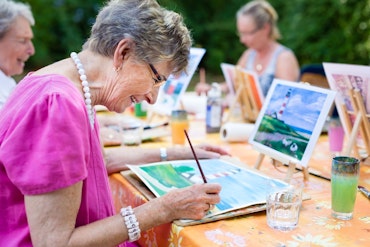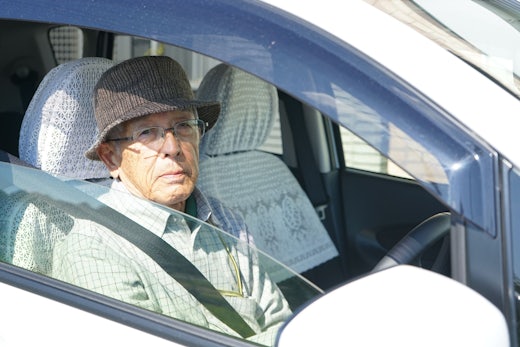Older Australians ‘willing’ but young ones delay
Young Australians often underestimate the importance of having a will and fail to plan ahead unlike older Australians, according to the results of a national study.
Associate Professor Cheryl Tilse, from The University of Queensland’s Faculty of Health and Behavioural Sciences, says Australia has one of the highest percentages of people with legal wills.
“Yet it is concerning that many young adults think there is plenty of time in the future and do not consider wider implications,” Dr Tilse says.
She worked on a four year study titled Having the Last Word, which was released last month at a meeting of public trustees in Canberra.
“Wills are under used by young people and viewed quite narrowly,” Dr Tilse says.
“Some people believe they are only for those with significant possessions.
“However there are other extremely important functions of a will, including nominating guardians for any dependents, confirming funeral arrangements and appointing the will’s executors.
Dr Tilse says wills can also be complicated by blended families, culturally diverse families with traditions that varied from Australian law, and by the care expenses of increased longevity.
Under the Australian Research Council Linkage project, UQ worked in partnership with the Queensland University of Technology, Victoria University and seven public trustees.
Having the Last Word reveals 59% of Australians have a will and a further 22% expect to make one.
“Australia as a whole certainly has greater rates of will-making than we’ve seen on studies in the UK and US,” Dr Tilse says.
“However many people don’t appreciate the need to update their will. This is particularly important when new children come along, when people marry or when other important circumstances change. Wills cannot be static.”
The findings also detail the economic and social costs of protracted contestation of wills.
Adult children were the group most likely to contest wills, Dr Tilse claims.
“Sometimes they contest quite small amounts and consume much of the estate in legal fees,” she says.
A sense of entitlement to ‘family money’ needs to be challenged if contestation rates are to be reduced, Dr Tilse says.
Prior to Having the Last Word there was no current data on the prevalence of Australian wills, intended beneficiaries and surrounding principles and practices.























Comments